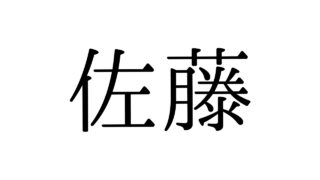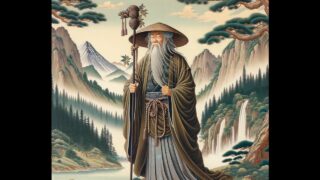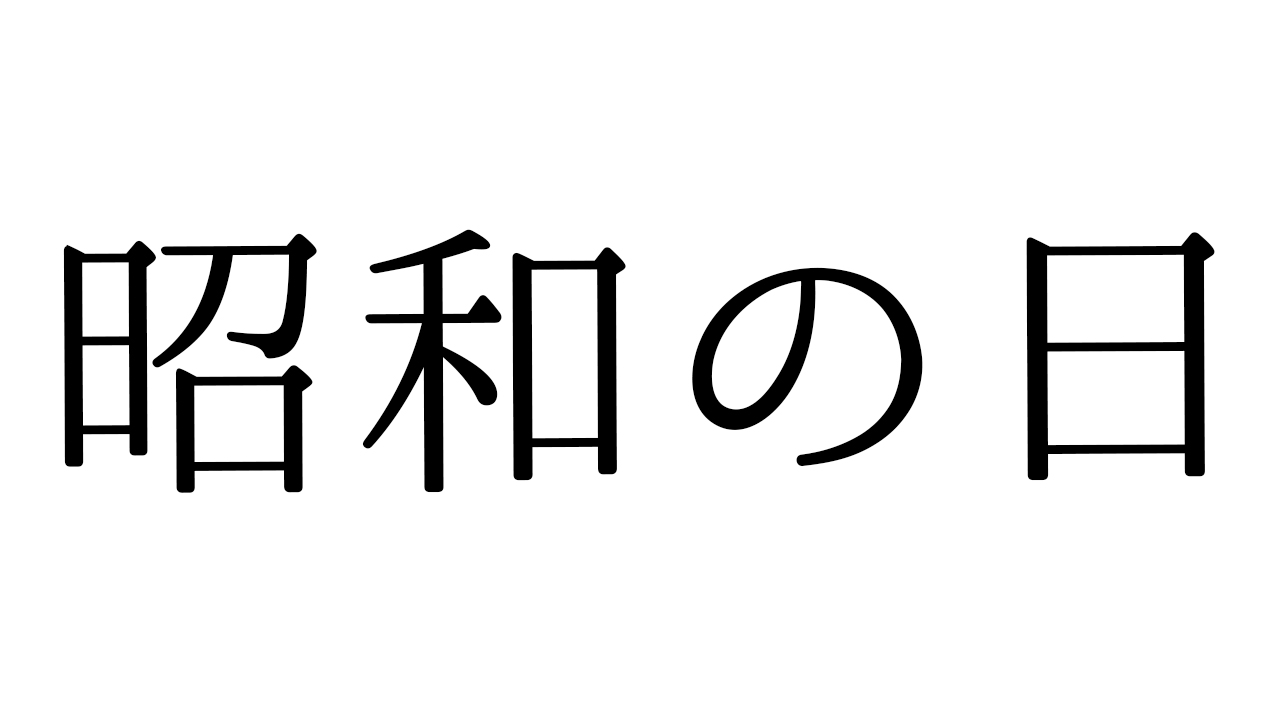Introduction
April 29th is known as “Showa Day” in Japan, but it was previously called “Greenery Day.” In this article, we will explore the meaning behind this national holiday and the reason for its name change.
The Meaning and Origin of Showa Day
Showa Day commemorates the birthday of Emperor Showa (Hirohito), who was born on April 29, 1901. He reigned from 1926 until his death in 1989. Showa Day has been established as a national holiday throughout Emperor Showa’s reign and the subsequent Heisei era.
Emperor Showa’s Achievements and Impact on the Nation
Emperor Showa played a crucial role in Japan’s post-war recovery and development, promoting peace and democracy. He was also known as a biologist with a passion for marine biology research. The Showa era witnessed significant changes in Japan, and Emperor Showa’s reign left a lasting impact on the nation.
The Transition from Greenery Day to Showa Day
The Origin of Greenery Day
After Emperor Showa’s passing in 1989, April 29th became a national holiday called “Greenery Day.” The purpose of this holiday was to commemorate Emperor Showa’s birthday and to raise awareness about environmental protection.
The Process of Renaming Greenery Day to Showa Day
In 2005, the “National Holidays Law” was amended, and “Greenery Day” was renamed “Showa Day.” This amendment aimed to establish April 29th as “Showa Day” throughout Emperor Showa’s reign and the subsequent Heisei era.
The Significance of the Renaming and Public Reaction
The renaming of Greenery Day to Showa Day serves to honor Emperor Showa’s achievements and provide an opportunity to reflect on the Showa era. However, concerns were raised about the diminished emphasis on environmental protection that Greenery Day represented. Despite this, many Japanese citizens have accepted Showa Day as a time to reflect on the Showa era and reaffirm the importance of peace.
Celebrating Showa Day
Showa Day is an occasion to reflect on the Showa era and the value of peace. It is a time to share memories of the Showa period with family and friends and to discuss the importance of peace. Additionally, this day serves as an opportunity to connect with nature and consider environmental protection.
Conclusion
Showa Day commemorates Emperor Showa’s birthday and provides an opportunity to reflect on the Showa era. The transition from Greenery Day to Showa Day signifies the importance of honoring Emperor Showa’s legacy and reaffirming the value of peace. As we observe this day, it is essential to learn from the past and work towards a better future.





















